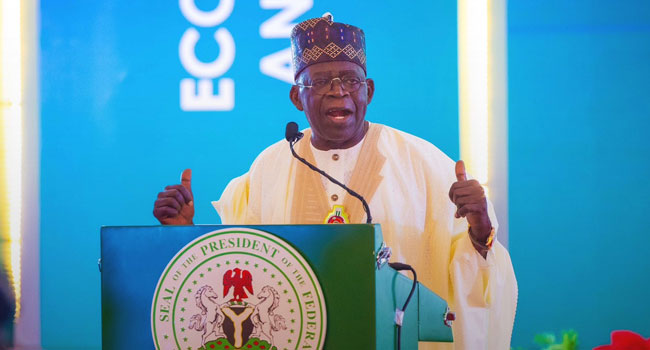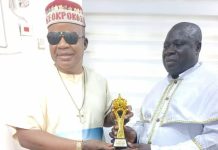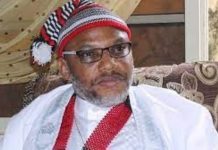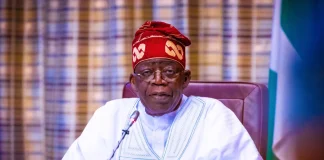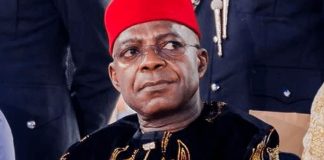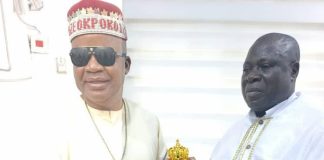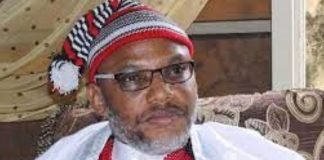🌿 Ruzu Non-Alcoholic Herbal Bitters
Ruzu Non-Alcoholic Herbal Bitters is a natural health supplement specially formulated to:
- ✅ Promote general wellness
- ✅ Detoxify the body
- ✅ Support the treatment of various ailments
Made from a powerful blend of 100% organic and medicinal herbs, Ruzu is completely alcohol-free, making it ideal for:
- 👪 All age groups
- 🌱 Health-conscious individuals
- 🌿 Anyone seeking non-alcoholic herbal remedies
Whether you're looking to boost your vitality, cleanse your system, or support healing the natural way, Ruzu Bitters offers a trusted herbal solution.
President Bola Tinubu, on Wednesday, acknowledged the economic challenges facing Nigeria, attributing them to the country’s over-reliance on oil revenues.
He emphasized the need for reforms to create a stronger foundation for sustainable growth, ensuring equal access to economic opportunities and fair compensation.
The President issued these explanations during a live broadcast commemorating the 2024 Democracy Day.
“I understand the economic difficulties we face as a nation.
“Our economy has been in desperate need of reform for decades. It has been unbalanced because it was built on the flawed foundation of over-reliance on revenues from the exploitation of oil.
“The reforms we have initiated are intended to create a stronger, better foundation for future growth. There is no doubt the reforms have occasioned hardship. Yet, they are necessary repairs required to fix the economy over the long run so that everyone has access to economic opportunity, fair pay and compensation for his endeavour and labour,” the President noted.
Read Also: FOR THE RECORD: Full text of President Tinubu’s Democracy Day speech on June 12, 2024
While acknowledging the hardships caused by these reforms, Tinubu assured citizens that he would continue to listen to their concerns and work towards a more equitable economy. He highlighted his administration’s good-faith negotiations with organized labor on a new national minimum wage, promising to enshrine the agreement into law.
Notably, Tinubu contrasted his approach with that of a dictatorial government, choosing cooperation over conflict in response to labor’s call for a national strike. He emphasized the peaceful resolution of negotiations, without arrests or threats, demonstrating a commitment to democratic values.
He further stated, “As we continue to reform the economy, I shall always listen to the people and will never turn my back on you.
“In this spirit, we have negotiated in good faith and with open arms with organized labour on a new national minimum wage. We shall soon send an executive bill to the National Assembly to enshrine what has been agreed upon as part of our law for the next five years or less.
“In the face of labour’s call for a national strike, we did not seek to oppress or crack down on the workers as a dictatorial government would have done. We chose the path of cooperation over conflict.
“No one was arrested or threatened. Instead, the labour leadership was invited to break bread and negotiate toward a good-faith resolution.”
This speech signals President Tinubu’s dedication to economic reform and labor cooperation, aiming to create a more robust and inclusive economy. His willingness to engage with labor leaders and listen to citizens’ concerns suggests a promising approach to addressing Nigeria’s economic challenges.
If you like what we do, and are ready to uphold solutions journalism, kindly donate to the Ripples Nigeria cause.

